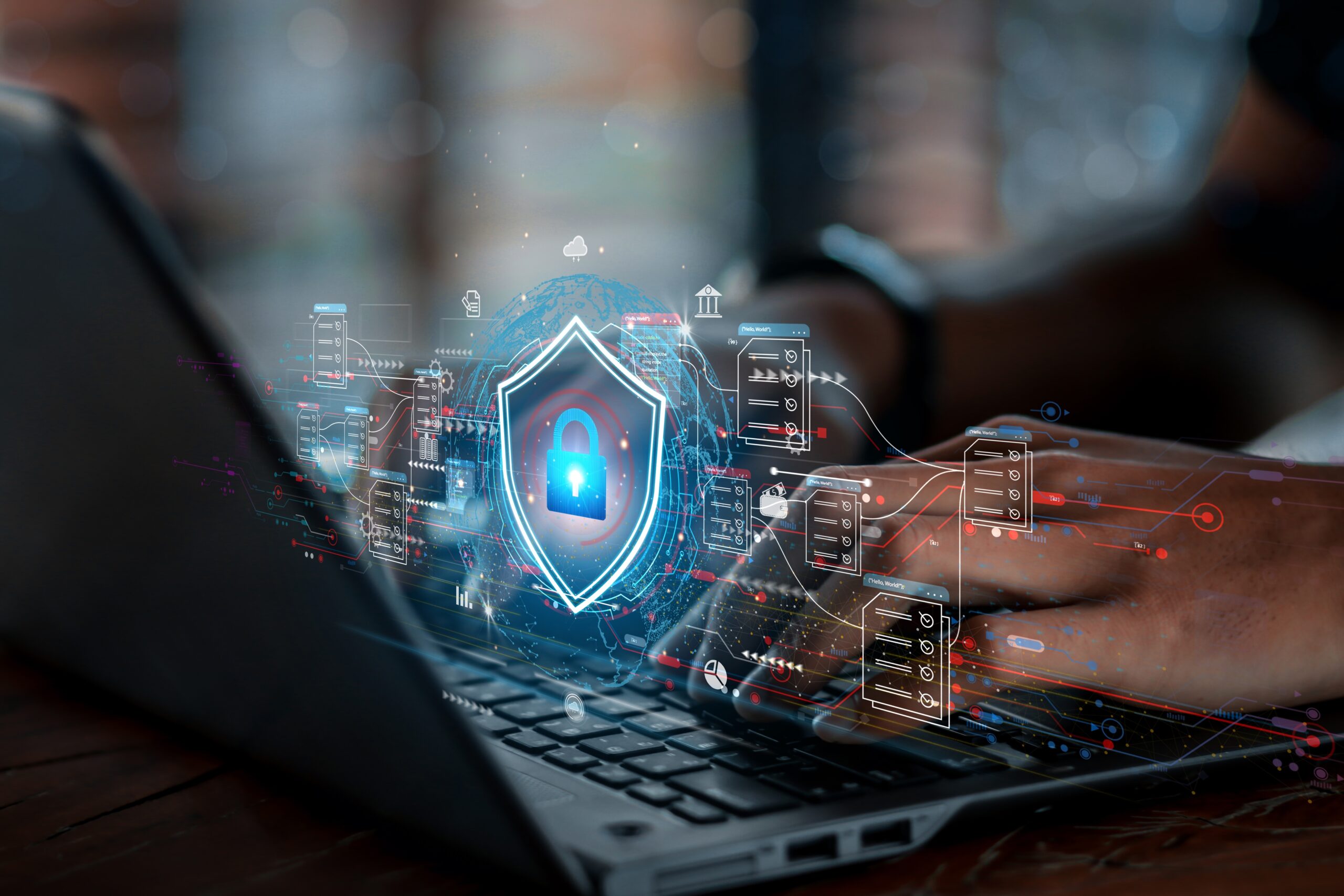The Threat of Vishing: What You Need to Know and How to Protect Yourself
In today’s world of sophisticated cyber threats, it’s crucial to be aware of different attack vectors that cybercriminals use to exploit individuals and businesses. At NGNSYS, LLC, a leading Houston cybersecurity company with offices in Houston, TX, Charlottesville, VA, the Orlando, FL area, and Grenada, we’re dedicated to raising awareness about these threats. Today, let’s dive into the world of vishing—a cyber threat that’s on the rise and directly tied to the need for strong Houston vishing security.
What is Vishing?
Vishing, short for “voice phishing,” involves cybercriminals using social engineering over the phone to deceive individuals into revealing sensitive information such as passwords, bank details, or personal identification numbers. Unlike traditional phishing, which often uses email as a medium, vishing leverages voice calls to create a sense of urgency or trust, compelling the victim to disclose information they would typically protect.
A Real-World Example: The Vishing Attack in Italy
Recently, a vishing attack in Italy highlighted the evolving nature of these threats. According to Euronews, scammers used AI to clone the voice of Italy’s Defense Minister, Lorenzo Guerini. The attackers used sophisticated tactics to mimic the minister’s voice, convincing their targets of the call’s legitimacy. This incident not only underscores the dangers of vishing but also demonstrates how easily tools like AI can amplify its impact, further reinforcing the need for Houston vishing security solutions.
The Increasing Ease of Vishing Attacks
AI technology has reached a level where it can replicate human voices convincingly through text-to-speech synthesis and sophisticated deep learning methods. Innovations such as Google DeepMind’s WaveNet (see more at DeepMind’s website) and state-of-the-art AI vocoders are capable of mimicking human speech with striking fidelity.
Remarkably, Microsoft has developed a tool that can clone a voice in as little as three seconds, as reported at TechHQ. This alarming capability allows cybercriminals to make a brief call, record the conversation, and subsequently produce a highly believable AI-generated voice from that snippet. Attackers can also use videos on social media or YouTube, or some other form of media to capture a person’s voice.
Typically, vishers pose as representatives from banks, government bodies, or corporate leaders, leveraging these impersonations to exploit the trust of their victims. They strategically employ tactics of urgency, authority, and emotional manipulation to coerce their targets into taking actions against their better judgment.
The rise of AI-assisted vishing makes such scams more convincing and difficult to identify, given the realistic sound of cloned voices. Coupled with other social engineering approaches like phishing via email and smishing through SMS, these attacks pose a significant challenge—even to those well-versed in Houston computer security and other key areas of Houston cybersecurity.
How to Protect Against Vishing
Awareness and vigilance are key to protecting yourself and your business from vishing attacks. Here are some steps you can take:
- Verify Caller Identity: Always verify the caller’s identity before sharing any information. If you’re unsure, hang up and call the organization back using a verified phone number from their official website.
- Training and Awareness: Regularly educate employees about vishing tactics and potential red flags. Conduct simulated vishing attacks to assess and improve your team’s response.
- Limit Information Sharing: Be cautious about sharing personal or sensitive information over the phone, especially if unsolicited. Legitimate organizations typically do not request sensitive data through phone calls.
- Use Caller ID Features: Leverage Caller ID features and services to screen calls. If the number is unrecognized or suspicious, treat it with caution.
- Implement Reporting Protocols: Encourage employees to report any suspicious calls to the IT department immediately so that appropriate actions can be taken to protect the organization.
- Employ Advanced Security Measures: Consider using voice recognition and authentication technologies to differentiate between legitimate calls and potential vishing attempts. These measures should be integrated into your broader Houston IT management strategy.
Conclusion
As vishing attacks become more sophisticated, it is essential for individuals and businesses alike to stay informed and prepared. By understanding the mechanics of vishing and employing robust security practices, you can protect yourself and your organization from falling victim to these schemes.
At NGNSYS, LLC, we are committed to providing comprehensive Houston managed IT services that include Houston vishing security, advanced threat detection, and proactive Houston IT management. As a trusted Houston cybersecurity company, we help businesses implement smarter, stronger Houston computer security frameworks.
Visit us at www.ngnsys.com to learn more about how we can help secure your business.
Stay safe and vigilant.








